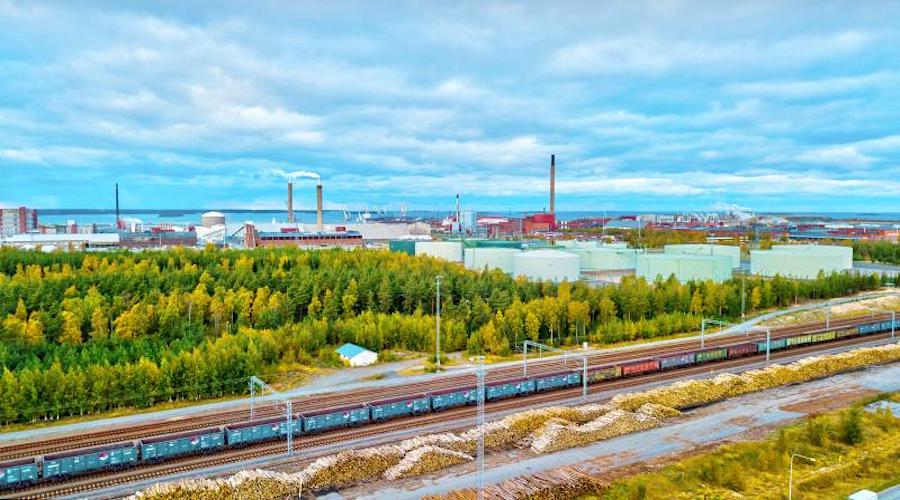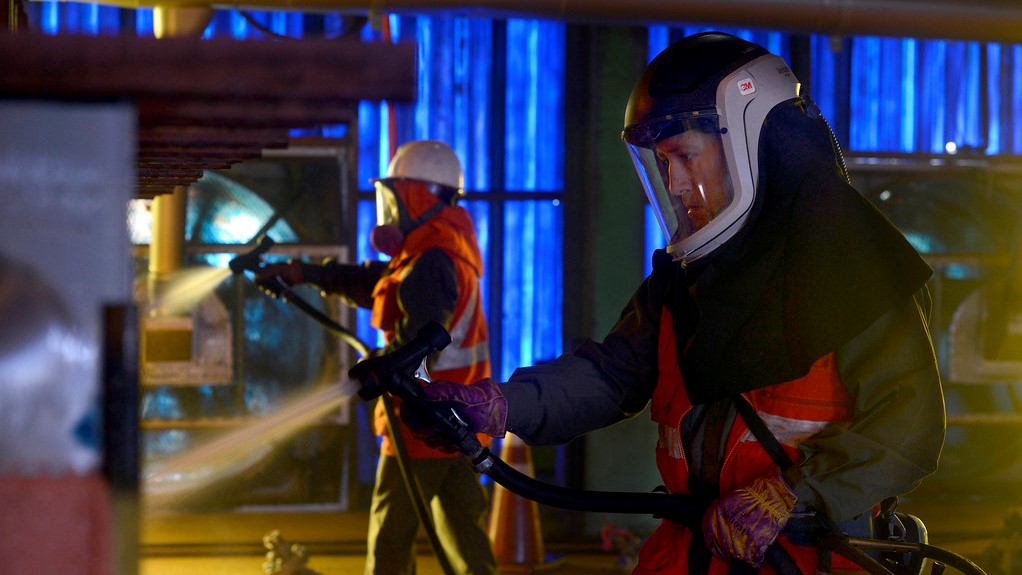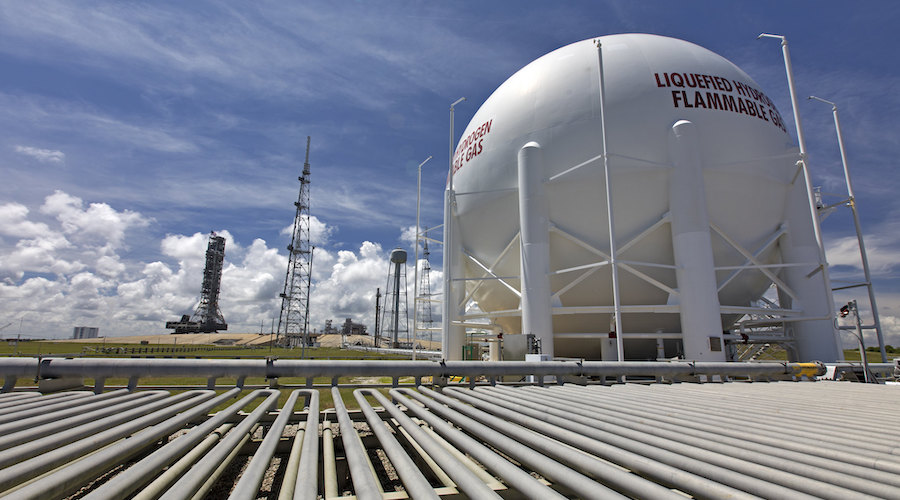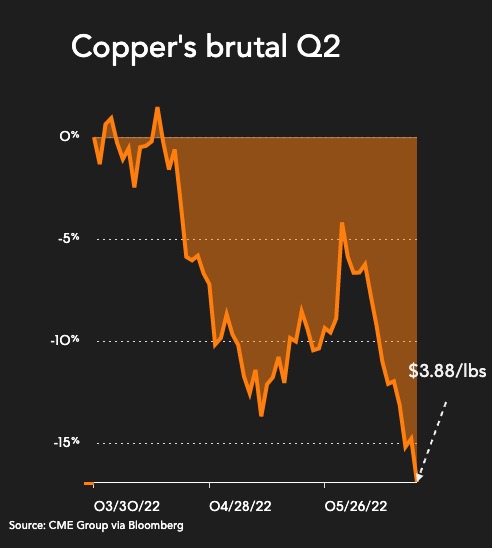Fission Uranium signs agreement with Indigenous communities for PLS project in Saskatchewan


This agreement outlines a process for Fission and YNLR to engage meaningfully in respect of the PLS project, and it strengthens the positive and constructive working relationship the parties have developed. During this stage of engagement, Fission and YNLR will work to identify potential areas of interest or concern related to Indigenous rights and culture, traditional land and resource use, and community interests, and options to address those matters.
The capacity funding provided by Fission to YNLR as part of this agreement will facilitate the sharing of information between the parties with respect to the environmental assessment and other aspects of early planning and design for the PLS project.
“This agreement is built upon the mutually respectful and constructive relationship that Fission and the YNLR have developed. Its purpose is to establish a framework for ongoing engagement and to facilitate YNLR participation as the PLS project advances,” Fission CEO Ross McElroy said in a statement.
According to Fission, this agreement reflects its commitment to building strong relationships with rights holders, including first nations and Métis communities, throughout the life of the PLS project. The company has met with and continues to engage regularly with representatives of rights holders and communities in the Patterson Lake area.
The goal is to ensure that all rights holders remain up to date regarding the PLS project’s current status and future plans. Early in 2023, the company plans to expand its engagement program to seek input from key stakeholder groups including local municipalities, subject matter experts, land users, and regulatory agencies.
The PLS property, located in Saskatchewan’s renowned Athabasca Basin uranium district, is host to the region’s largest high-grade deposit (Triple R), with 2.2 million tonnes of indicated resources grading 2.1% uranium oxide (102.4 million lb. of uranium oxide) and 1.2 million tonnes of inferred resources averaging 1.22% uranium oxide (32.8 million lb. uranium oxide).
A 2019 pre-feasibility study on the PLS project highlighted a seven-year operation that would mine 2.3 million tonnes of ore at a grade of 1.61% uranium oxide for about 81.4 million lb. of uranium oxide. The project would take three years to construct, with an initial capital cost of C$1.18 billion ($910m).
This post has been syndicated from a third-party source. View the original article here.




